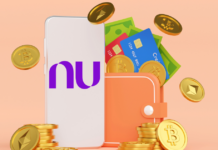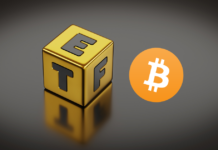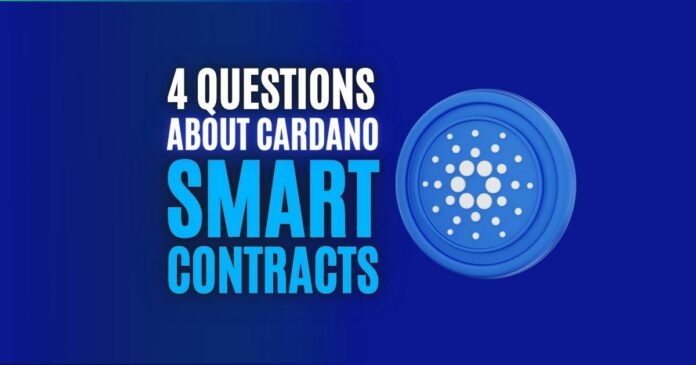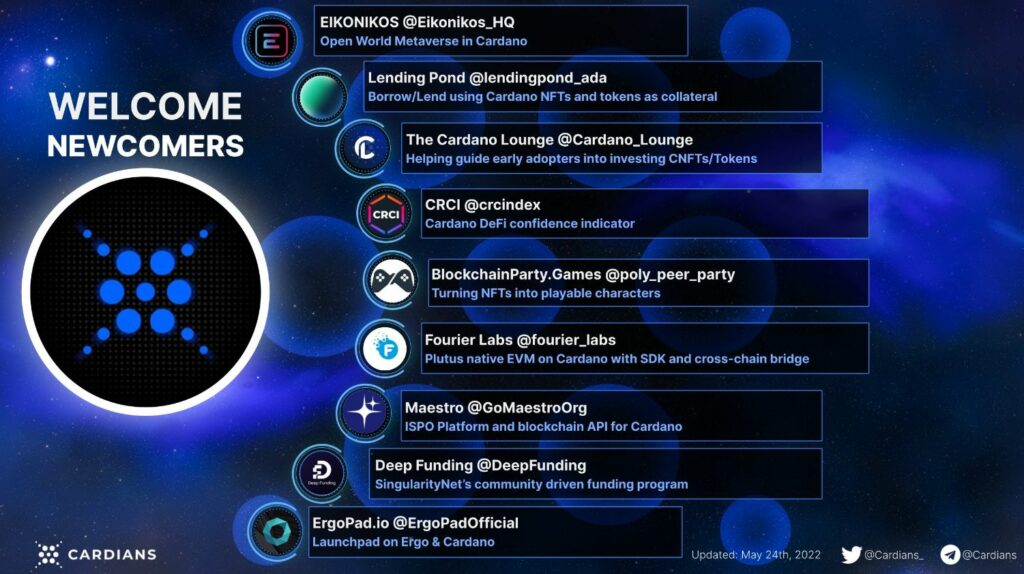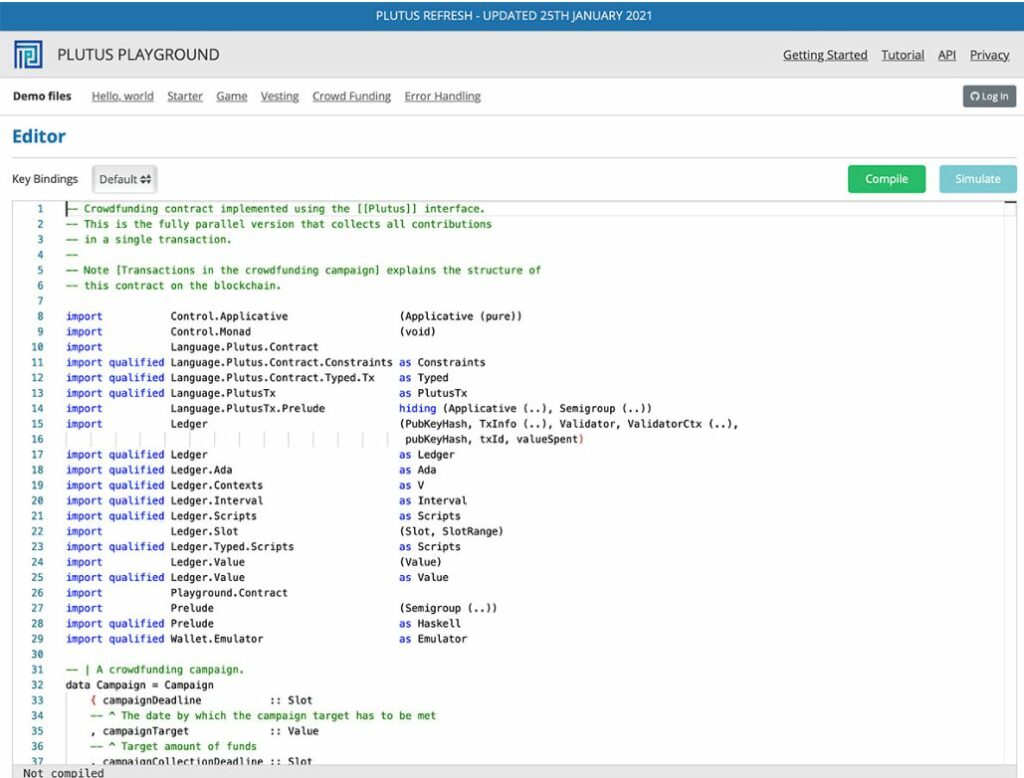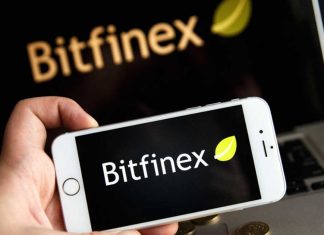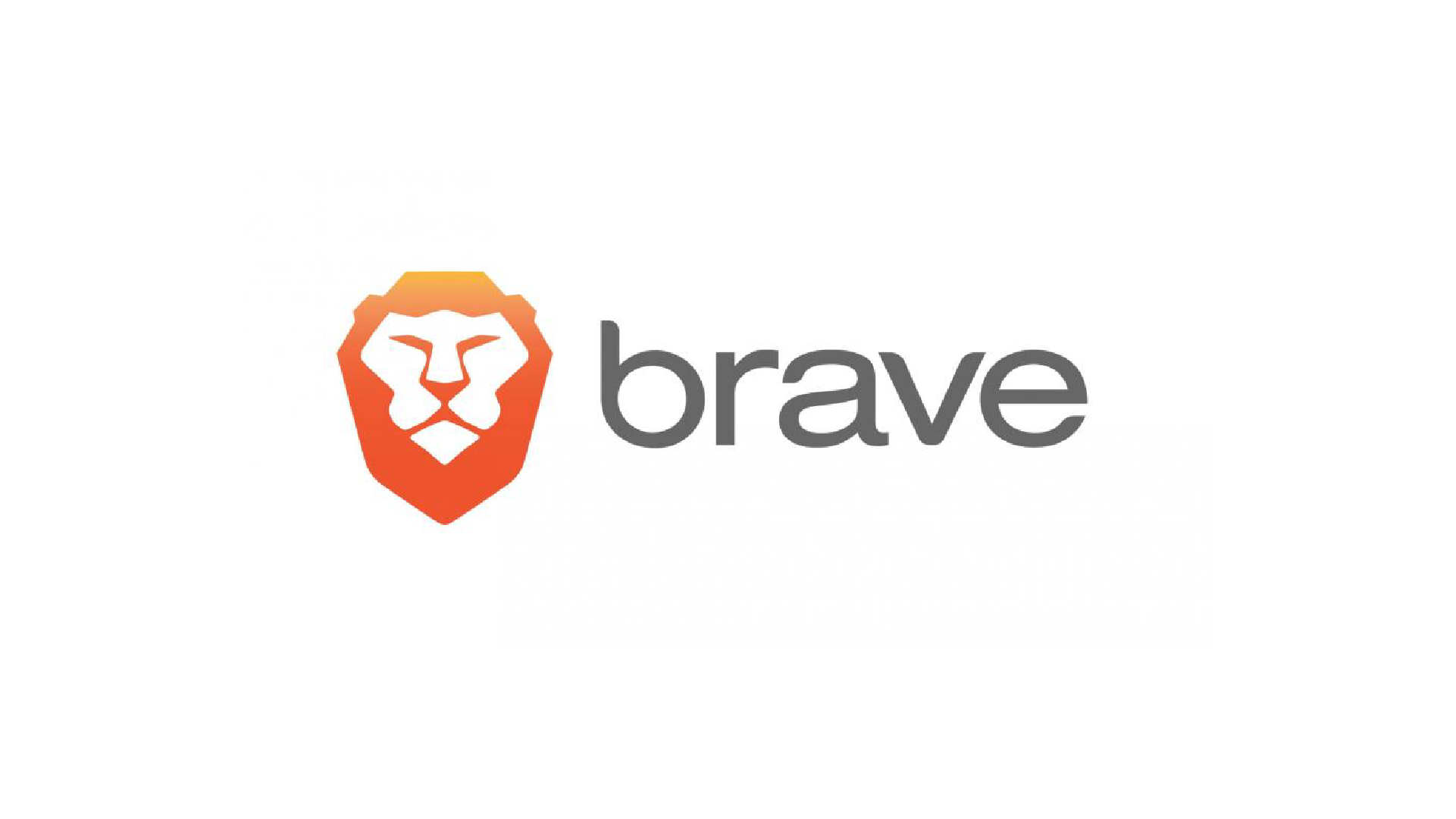Ethereum was the first blockchain that had smart contracts. Now it was possible to build dApps, and the crypto fun started. We now have DeFi, NFTs, and much more that runs on smart contracts. But just because Ethereum was first, doesn’t mean they are the only ones. Since September 2021, Cardano also has smart contracts.
Cardano is well known to take its time and test everything before they release it. That doesn’t make them slow, but rather thorough. So, let’s have a closer look at Cardano smart contracts.
Factoid Friday is here!
Today's fun fact has a bit of history on how the upcoming Alonzo hard fork outfits Cardano with capabilities for supporting smart contracts!
Have a great weekend #CardanoCommunity! pic.twitter.com/LEAge43FKk— Cardano Community (@Cardano) April 16, 2021
Who Is Using Cardano Smart Contracts?
On September 12th, 2021, the Alonzo upgrade took place. This upgrade introduced smart contracts to Cardano. Within the first 24 hours, some 100 smart contracts called Cardano home. Now a year on, and we’re at 3,307 smart contracts.
The places we use Cardano smart contracts are fairly obvious. For example, DeFi and NFTs. According to DeFiLlama, TVL for Cardano is $81.09 million. This makes them the 27th blockchain if we look at TVL size. That’s a good result, for having smart contracts since just one year.
NFTs also fared well. They went from 1,451 transactions in May 2021 to 43,274 in July 2022. Although, Cryptoslam stopped reporting on CNFTs after July 2022.
Furthermore, we see launchpads, stablecoins, and wallets. Plus, all kinds of other apps, that also use these smart contracts. New dApps onboard all the time. See the picture below.
Source: Twitter
Cardano Smart Contracts Problems?
There was criticism of Cardano smart contracts because they were slow. In a worst-case scenario, their smart contracts seem to be able to only handle one user per transaction. However, with the recent Vasil hard fork, these problems should be a thing of the past. The Plutus coding language received an important upgrade.
Functionality, performance, scalability, and interoperability improved. Take a look at our recent video about the Vasil hard fork and projects on Cardano which are ready to explode.
The Vasil hard fork will complete today, September 27th. So, we won’t see any concrete results until a few days from now. Providing everything went well with Vasil, we will see improvements. Not only with smart contracts.
Cardano Smart Contracts Explained
Smart contracts automatically execute transactions. It tracks and verifies transactions first. Once it approves this, it executes the transaction. This only happens when it meets predetermined conditions. They act without the interference of a third party. The code is transparent, and you can find it on the blockchain. Once executed, the transaction is irreversible. In short, if ‘X’ happens, do ‘Y’. In fact, smart might not even be the right word even though that’s what they are called. They are really self-executing contracts.
To write smart contracts on Cardano, devs use Plutus. This coding language just had an important upgrade during the Vasil hard fork. Plutus allows dApps to interact with the Cardano chain. With Plutus V2, Cardano will have faster and more advanced dApps. See the picture below, it gives you an idea how Plutus coding looks like.
Cardano uses a similar UTXO model to Bitcoin. The Vasil upgrade allows for easier on-chain data sharing.
There’s a second language, Marlowe. This coding language is domain-specific. Developers use this for financial contracts.
Source: Cardano developers docs
How Cardano Smart Contracts Work?
The way Cardano smart contracts work, is that they allow for dApps to function. This way, DeFi platforms or NFT marketplaces can do what they need to do.
When developing smart contracts, devs need to follow 8 steps. These steps determine how the smart contracts work in real life.
This can lead to a wide variety of uses cases for Cardano smart contracts. For example;
- Gaming — Customizable gaming solutions
- Supply chain tracking — New Balance uses this to track the authenticity of its footwear.
- Legal contracts — Litigation, land registry, etc.
- Mortgages — Makes the mortgage process efficient and cheaper.
- Medical field — Retrieve medical records fast
Conclusion
Here are the answers to 4 popular questions about Cardano smart contracts. We made sure to not make it too technical. The idea is that you understand how they work, in an easy-to-understand way.
The ADA token price is $0.457468. That’s 2.8% up during the last 24 hours. The market cap is $15.4 billion. Out of a 45 billion max supply of tokens, 33.8 billion circulate.
⬆️For more cryptocurrency news, check out the Altcoin Buzz YouTube channel.
⬆️ ALTCOIN BUZZ – BINANCE – GET UP TO $600* ON SIGN UP
Sign up using the links below on Binance Exchange and get the following benefits
- Earn a $100 Spot Trading Bonus
- Get a 20% trading fee discount for life!
- Get $200 worth of 2 months of Altcoin Buzz Access PRO Membership (50+ Trading Signals, Hidden Gems) and unlock up to $500 more in prizes
Click on the following link (as per your location) to avail the benefits. Binance Global, Binance US.
For more details visit*: Binance Sign Up Offer Page. *Terms & Conditions Apply
Disclosure: Altcoin Buzz may receive a commission, at no extra cost to you, if you click through our links and make a purchase from one of our partners.




